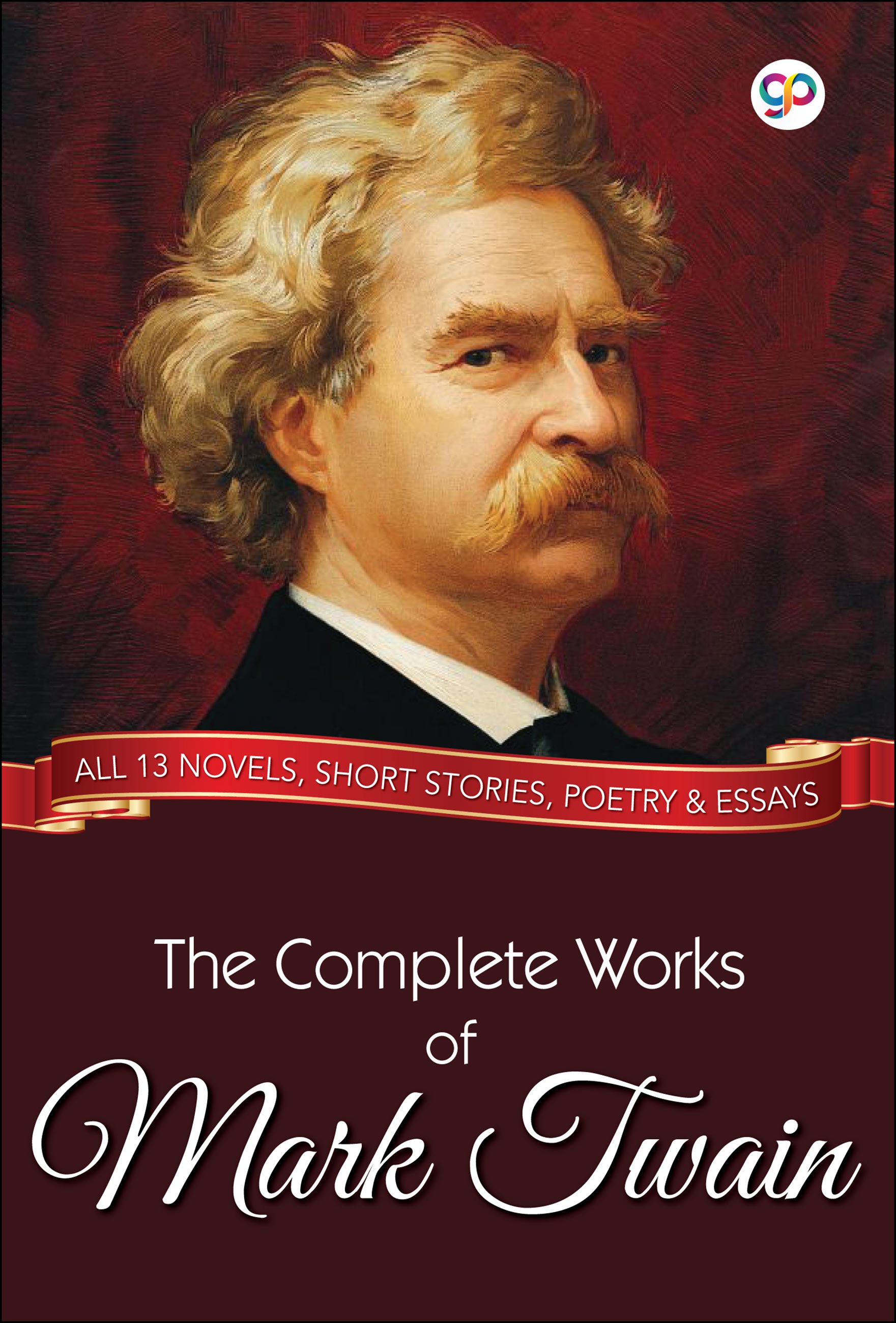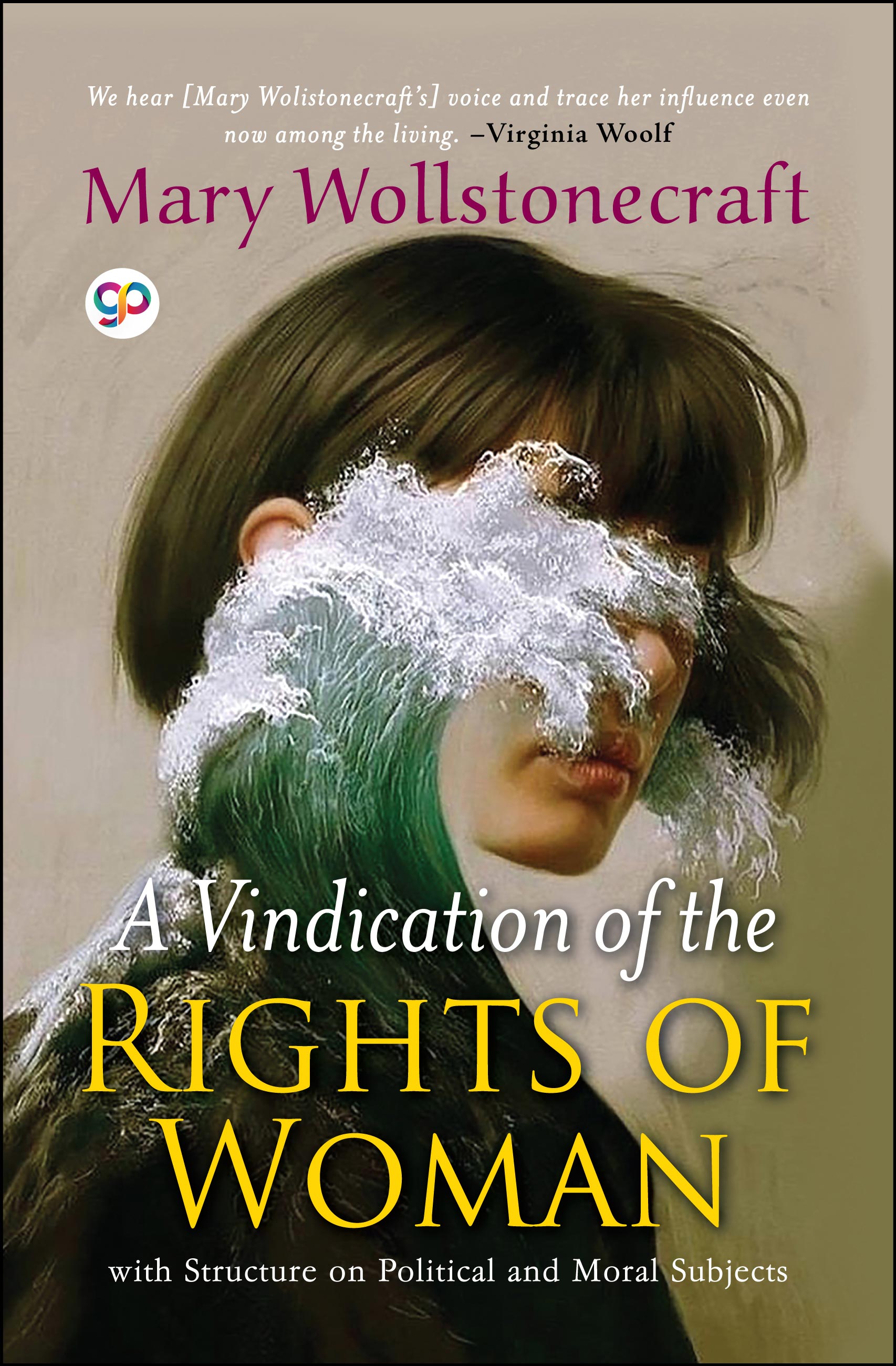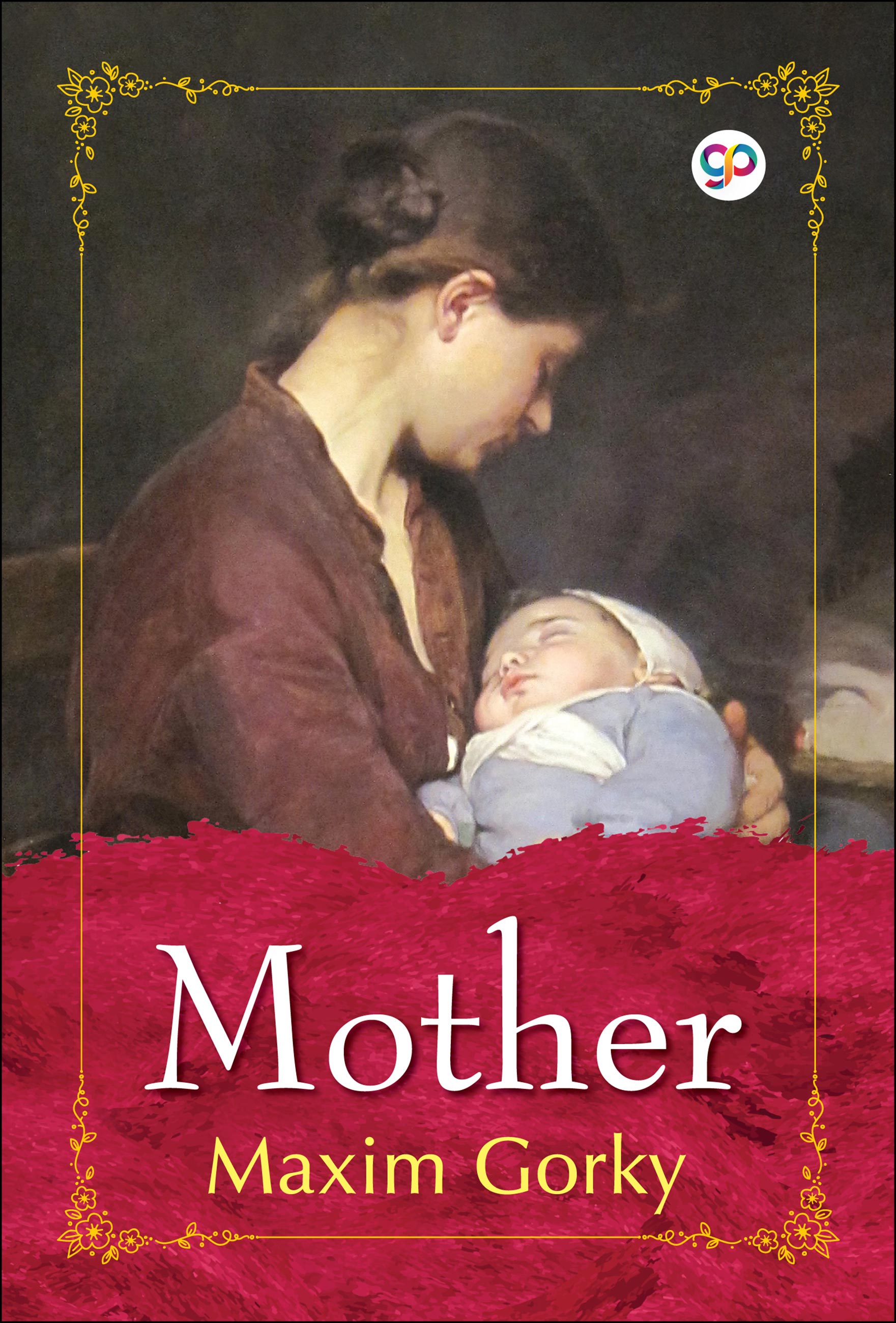
Les Miserables (eBook)
“Les Miserables… is a novel constructed like a poem.” —The Guardian
First published in 1862, ‘Les Misérables’ is Victor Hugo’s timeless masterpiece—a sweeping epic of justice, redemption, and the human spirit set in 19th-century France. At its center is Jean Valjean, a man imprisoned for stealing a loaf of bread, who emerges from captivity determined to rebuild his life. Yet his past shadows him relentlessly, as he is pursued by the unyielding Inspector Javert.
Valjean’s path crosses with a cast of unforgettable characters: Fantine, a struggling mother forced into desperation; Cosette, her innocent daughter who finds love and safety; Marius, a passionate young revolutionary; and Gavroche, a brave street urchin of Paris. Their lives unfold against a backdrop of poverty, revolution, and moral conflict, all woven into a powerful narrative of love, sacrifice, and transformation.
With lyrical prose and deep compassion, Hugo explores the struggles between justice and mercy, law and grace, and the enduring strength of the human soul. ‘Les Misérables’ is not only a story of personal redemption but a sweeping social commentary that continues to move and inspire readers around the world. It remains one of the most celebrated and enduring novels in world literature.
BEST SELLERS
About the Author
Victor Marie Hugo (26 February 1802 – 22 May 1885) was a French poet, novelist, and dramatist of the Romantic movement. He is considered one of the greatest and best-known French writers. In France, Hugo's literary fame comes first from his poetry and then from his novels and his dramatic achievements. Among many volumes of poetry, Les Contemplations and La Légende des siècles stand particularly high in critical esteem. Outside France, his best-known works are the novels Les Misérables, 1862, and Notre-Dame de Paris, 1831 (known in English as The Hunchback of Notre-Dame). He also produced more than 4,000 drawings, which have since been admired for their beauty, and earned widespread respect as a campaigner for social causes such as the abolition of capital punishment.
Though a committed royalist when he was young, Hugo's views changed as the decades passed, and he became a passionate supporter of republicanism; his work touches upon most of the political and social issues and the artistic trends of his time. He is buried in the Panthéon. His legacy has been honoured in many ways, including his portrait being placed on French franc banknotes.












